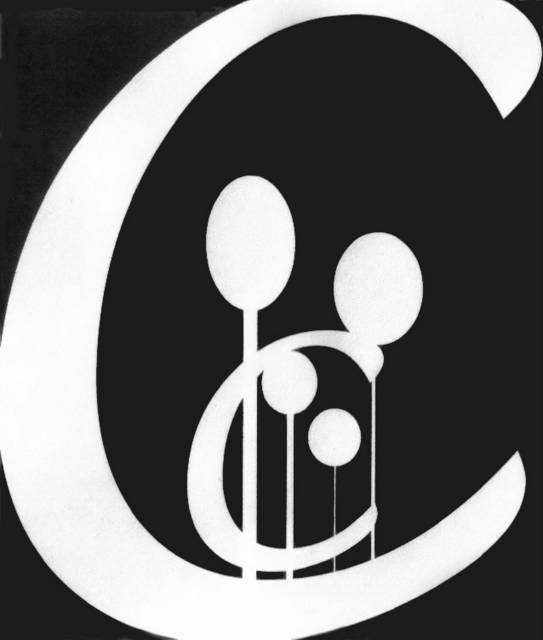Below is an edited version of the Catholic readings for today offered here for reflection on the journery.
Reading I:
They shall beat their swords into plowsharesand their spears into pruning hooks;One nation shall not raise the sword against another,nor shall they train for war again.Psalm:
R. Let us go rejoicing to the house of the Lord.
Pray for the peace of Jerusalem! May those who love you prosper! May peace be within your walls, prosperity in your buildings.
R. Let us go rejoicing to the house of the Lord.
Because of my relatives and friendsI will say, “Peace be within you!"Because of the house of the LORD, our God,I will pray for your good.
R. Let us go rejoicing to the house of the Lord.
“Lord, I am not worthy to have you enter under my roof;only say the word and my servant will be healed.For I too am a man subject to authority,with soldiers subject to me.And I say to one, ‘Go,’ and he goes;and to another, ‘Come here,’ and he comes;and to my slave, ‘Do this,’ and he does it.”When Jesus heard this, he was amazed and said to those following him,“Amen, I say to you, in no one in Israel have I found such faith. I say to you, many will come from the east and the west,and will recline with Abraham, Isaac, and Jacobat the banquet in the Kingdom of heaven.”
I missed Ramadan this year. A time for focused, daily prayer. I feel in the mood and in synch with the church body to pray daily again.
The season of Advent, the faithful journey to the Christmas Birth, began this past Sunday. The week prior was the Feast of Christ the King, which is the last week in Ordinary Time. One week from Christmas, we celebrate the New Year on the Roman Calendar.
Add to that the "October Surprise" of various overlapping of religious traditions, the closeness of Chanukah and Christmas this calendar year and Passover and Holy Thursday in 2006 and you get the sense that Liturgical Calendars can and do have a real, visceral presence and importance in the lives of the faithful.
And I have been amused at the wealth of creativity our pastors have placed in their sermons during this advent season to heighten such effects. But I am also perplexed why those I have heard don't choose the simplest imagery of all for the Season.
The yearning patience, dilligence, and faith it takes to gestate, carry and labor a child to term.
Advent Lessons & Carols: Be laboring the obvious.
A Great Miracle Happened Here!
